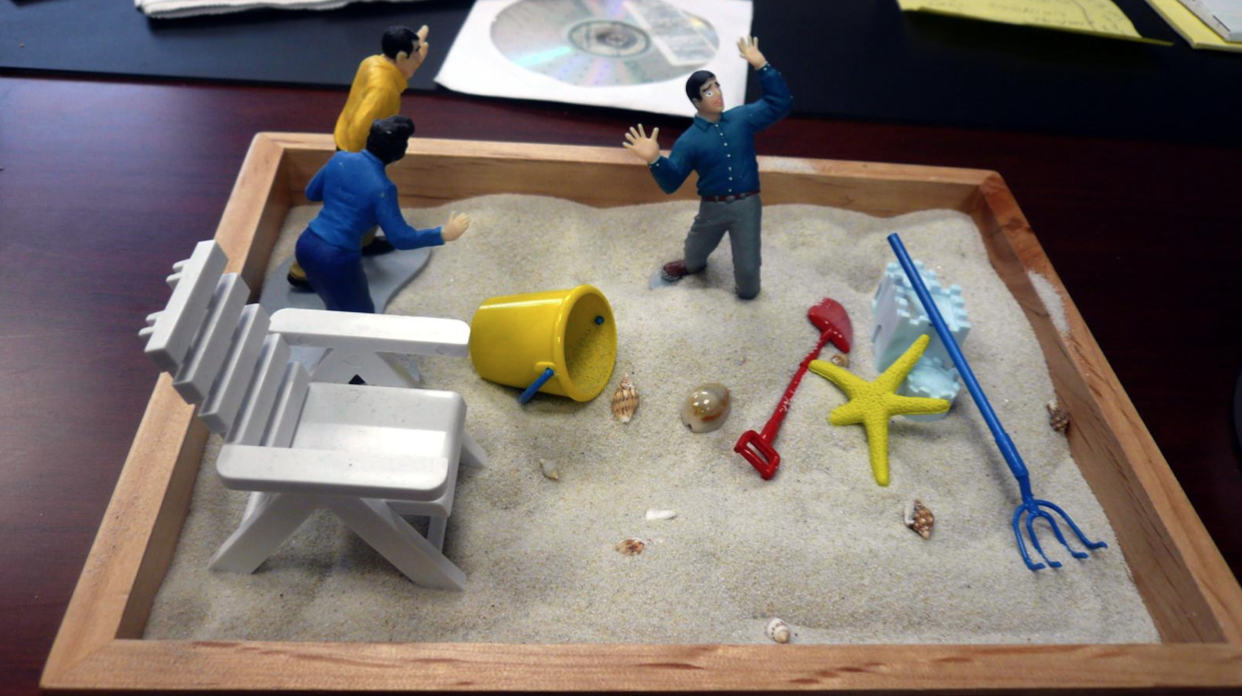Adolescence is a time of rapid change—physically, emotionally, and socially. As teens navigate these transitions, their relationship with their bodies can become complicated. Developing a healthy body image during this stage is crucial for long-term self-esteem and mental well-being.
As a parent, nothing is more heartbreaking than seeing your child struggle after experiencing or witnessing gun violence. The trauma from such events can leave lasting emotional scars, but with your love, support, and guidance, your child can begin to heal and regain a sense of safety.
As a parent, nothing is more heartbreaking than seeing your child struggle after experiencing or witnessing gun violence. The trauma from such events can leave lasting emotional scars, but with your love, support, and guidance, your child can begin to heal and regain a sense of safety.
As a parent, nothing is more heartbreaking than seeing your child struggle after experiencing or witnessing gun violence. The trauma from such events can leave lasting emotional scars, but with your love, support, and guidance, your child can begin to heal and regain a sense of safety.
As a parent, it’s natural to worry when your child refuses to eat certain foods or seems overly focused on their eating habits. You might wonder, “Is this just a phase, or could it be something more serious?” As a play therapist, I’ve worked with many families facing this very question. Let’s explore the difference between picky eating and an eating disorder—and how you can support your child.
As a parent, it’s natural to worry when your child refuses to eat certain foods or seems overly focused on their eating habits. You might wonder, “Is this just a phase, or could it be something more serious?” As a play therapist, I’ve worked with many families facing this very question. Let’s explore the difference between picky eating and an eating disorder—and how you can support your child.
As a parent, it’s natural to worry when your child refuses to eat certain foods or seems overly focused on their eating habits. You might wonder, “Is this just a phase, or could it be something more serious?” As a play therapist, I’ve worked with many families facing this very question. Let’s explore the difference between picky eating and an eating disorder—and how you can support your child.
As parents, navigating the emotional outbursts of our children can be overwhelming. Whether it’s a tantrum in the grocery store or a meltdown at home, understanding the difference between the two can empower us to respond with empathy and effectiveness.
Parenting is a beautiful journey, but let’s face it—tantrums can test even the most patient among us. These emotional outbursts often leave parents feeling overwhelmed, frustrated, and unsure of how to respond. But here’s the good news: tantrums are not just challenges but opportunities to teach, connect, and grow with your child.
Sandtray play therapy is a therapeutic technique that allows children to express their thoughts, feelings, and experiences through the use of miniature figures and a sandbox. This form of therapy is particularly effective for children who may have difficulty articulating their emotions verbally.










